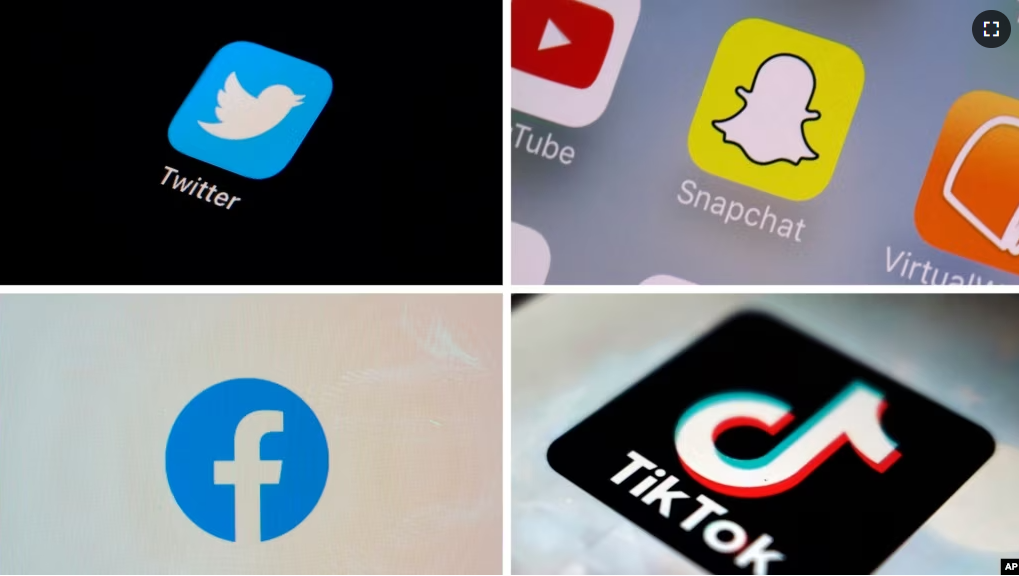If it passes, a new bill from state lawmakers in Wisconsin would limit the way young people can use social media services such as Twitter and TikTok.
Wisconsin is the third U.S. state, after Utah and Arkansas, to move forward with age restrictions on social media. Both Arkansas and Utah now have laws that require those under 18 to get their parents’ permission before using the services.
The law in Utah also prevents children from using apps such as TikTok between the hours of 10:30 p.m. and 6:30 a.m.
The proposal in Wisconsin includes similar restrictions.
The states say they are making the changes to protect the mental health of young people. The laws would permit parents to read private messages sent to their children. In addition, the social media companies are going to be asked to check the age of users in Arkansas, Utah and possibly in Wisconsin.
Those who campaign for privacy say some of the rules go too far. For instance, permitting parents to read their children’s private messages may be harmful to some; and age requirements could give personal information and data to technology companies.
Wisconsin state lawmaker David Steffen showed the details of his bill on Monday. The Wisconsin plan comes as more state and national leaders are becoming concerned about the information gathered by social media companies. Many state and federal administrations do not permit those who use government-owned phones or computers to use Chinese-owned TikTok.
In an April statement, Steffen said “It’s our job as parents and guardians to keep our kids safe, but the current online environment has made that nearly impossible.”
Steffen’s bill will become law if it is passed by both houses of the Wisconsin state legislature and is signed by Governor Tony Evers. Evers is a Democrat, and Steffen and many Wisconsin legislators are Republicans, so it is not certain to become a law. However, Evers did support banning TikTok from state-owned devices.
While states are passing laws to restrict social media use, experts say it is not clear how effective they will be. Legal experts say it is likely that social media companies will challenge the laws in court. Those who follow the behavior of children who use technology say laws will not stop children from using social media.
Gaia Bernstein wrote a book about technology addiction.
“In Southeast Asia, they’ve been trying this for years,” she said of age restrictions. “Kids always get around it.”
I’m Dan Friedell.
Dan Friedell adapted this story for Learning English based on a report by the Associated Press.
____________________________________________________________________
Words in This Story
app –n. a program that runs on a smart phone or computer
guardian –n. a responsible adult (but not a parent) who is legally permitted to take care of a child
challenge –v. to oppose or push against
addiction –n. the state of being unable to stop doing something, such as use a drug or technology to the point that it is harmful
